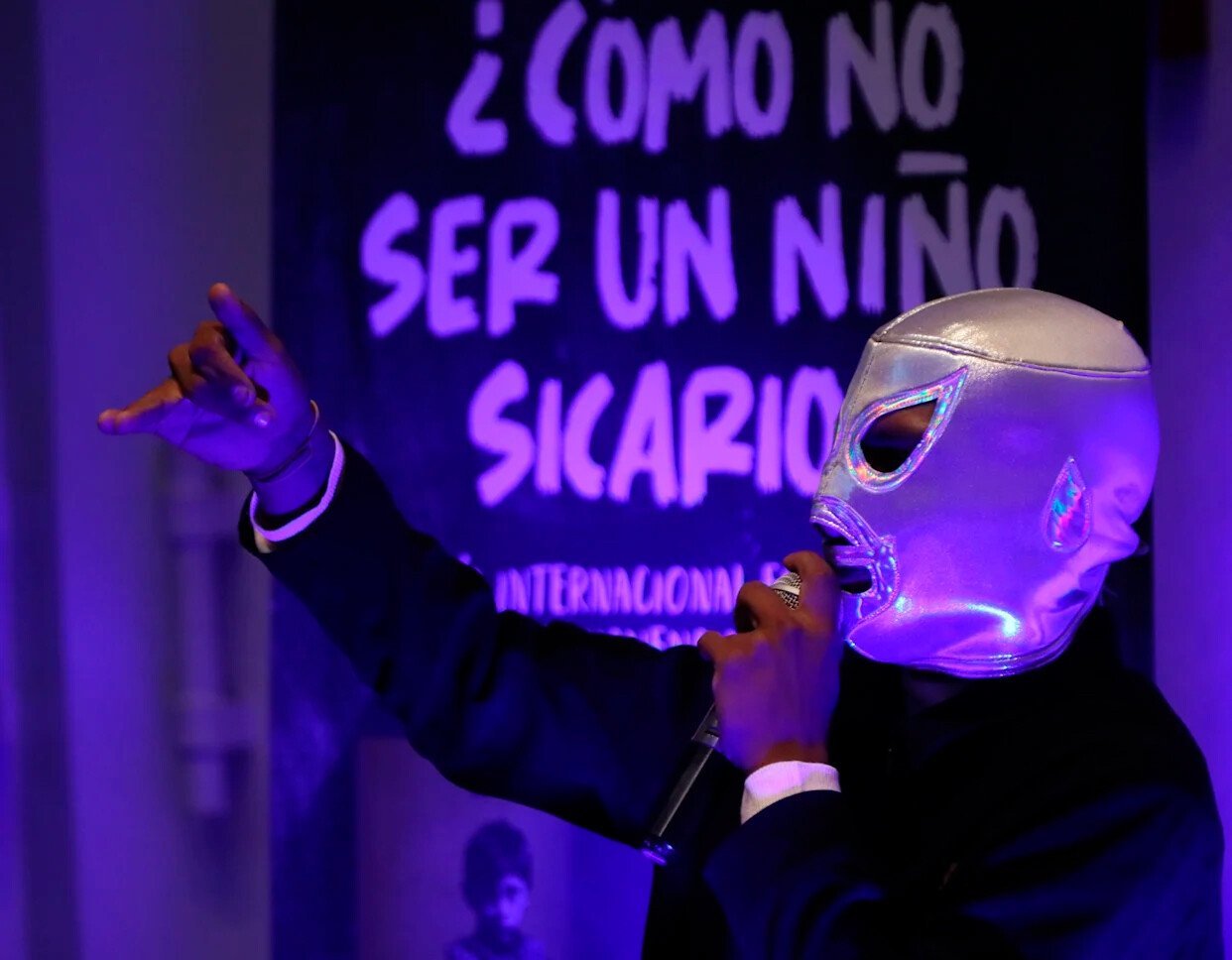Mexico City — As many as 250,000 children and adolescents in Mexico between the ages of 12 and 15 are estimated to be at risk of being recruited by organized crime groups, according to the civil society organization Reinserta. The states with the highest risk are identified as Chihuahua, Colima, Baja California, the State of Mexico, and Mexico City.
The organization pointed out that children are now being recruited through digital means. Consequently, it has called on federal authorities to formally classify the recruitment of children as a crime and to promote state-level prevention plans that address the root causes within the context of each individual state.
"Children and adolescents in Mexico can no longer continue to be the youngest face of the war. It falls to us to act with laws, with public policies, with education, but also with empathy; distancing ourselves from optimism is not going to solve this problem. It is important to make it clear that political will is urgently needed, but so is social will," stated Saskia Niño de Rivera, co-founder of Reinserta.
Data on Recruitment and Vulnerability
The civil society group presented the book How Not to Be a Hitman, in which it indicated that six out of every 10 adolescents in detention centers who were recruited by organized crime began using drugs between the ages of 11 and 15. Furthermore, five out of every 10 adolescents in detention who were recruited by organized crime joined a cartel between the ages of 14 and 16.
Additionally, seven out of 10 adolescents who have had problems with the law had already had contact with criminal groups in their neighborhoods.
The organization also highlighted that criminal groups are present in 81 percent of the country's territory, making this a nationwide problem.
Research and Testimonies
José Pablo, the operational director of Reinserta, explained that the text emerged from research they conducted on this topic between 2020 and 2021, when they interviewed 70 children and adolescents involved with organized crime across seven states.
The book contains some of those testimonies, including that of Braulio, who was recruited by organized crime as an adolescent. He narrated that he was always in contact with delinquents, as his cousins sold drugs or were hitmen.
The declaration of Tito is also featured; he grew up in an environment where violence was normal, as his father introduced him to the world of crime without him realizing it.
"This book is created from stories like those of Raúl and Susana; we did not invent them. It is the fruit of Reinserta taking a team and listening to those stories. The text speaks of the data and the risks that exist. It is about understanding that we live in a country that normalizes violence; we live in a country that is violent towards its children," expressed the operational director.
He further reiterated that children in Mexico "are experiencing some form of vulnerability that is reflected precisely in the risk factors, in abandonment or neglect, in exposure to violence, in the lack of educational and labor opportunities, truly leading all structures to marginalization."
Recommendations for Action
Reinserta recommended that authorities carry out the creation of an information system to track how many minors have been recruited. It also urged the development of specialized mechanisms for the care, recovery, and reintegration of girls, boys, and adolescents who have been recruited.
Discover more from Riviera Maya News & Events
Subscribe to get the latest posts sent to your email.
